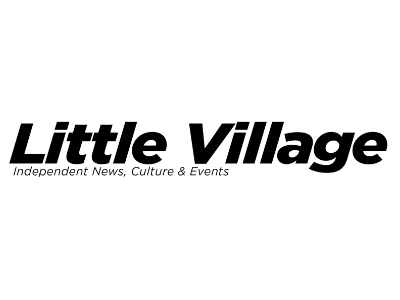
Marianne Maili’s second full-length publication, I am home. (Chez Soi, 2023) is a memoir hiding inside other genres. It flits through its own timeline, asking to be considered among modernist texts.
This makes sense, Maili is clearly influenced by modernism and themes of which come through in her story: there are moments that seem frivolous — lots of highbrow exploits on beaches drinking cava with diplomats — but when added together with the labors and trials of the other scenes we see a bigger, darker picture.
I am home. is a quick read that follows its narrator (presumed to be Maili) from asserting to her audience that she is independent and secure in herself, into a place where — despite her strength of identity — she loses agency and clarity. The book is nonlinear though, as you read, the timelines clear themselves up and Maili’s journey is clarified: through each timeline she is learning to trust herself while facing new challenges and, eventually, learning to grieve.
It is easy to call this a new type of coming-of-age (coming of middle-age?) and it certainly includes themes of coming into one’s own identity through struggle, awakening to the world at large and grappling with familial relationships. (Maili even references the Bildungsroman a few times despite the nonfiction status of the book).
After losing her father and moving halfway across the globe, her relationship with her husband grows tenuous and our narrator has an epiphany, “The loss of an idea, a dream, is worse than the loss of reality.” The story is wrapped around this idea, asking repeatedly what stories we tell ourselves and what stories we want to create. Maili’s story also spans several paradigm-shifting changes while trying to maintain relationships, raise a son and be true to herself as a student and an artist.
Refreshingly ordinary, despite often rubbing up against luxury, Maili’s story presents a dilemma that’s growing ever-more common: do we choose to live or do we choose to survive? Maili repeatedly turns down security because it doesn’t fit her comfortably.
Maili’s language wouldn’t fit another story. She is in conversation with her favorite artists and the product of living abroad for most of her adult life. In another context, I suspect Maili’s voice would feel formal and withdrawn, but the vibe here is vulnerable — maybe reluctantly so — and open. It took me a while to realize that this isn’t a literary voice — it’s her most authentic cadence.
Esoteric at times (our narrator defends her Ph.D. and engages in academic discussions about it throughout the book), Maili offers her readers truths sexual, sensual and domestic without defenses, she “suggests a life of caring for self and others as a creative act, and a caring for eros, voice, and wound as the means of constructing a precious life.” She is inviting her readers to get comfortable and to come home.
This article was originally published in Little Village’s October 2023 issue.

